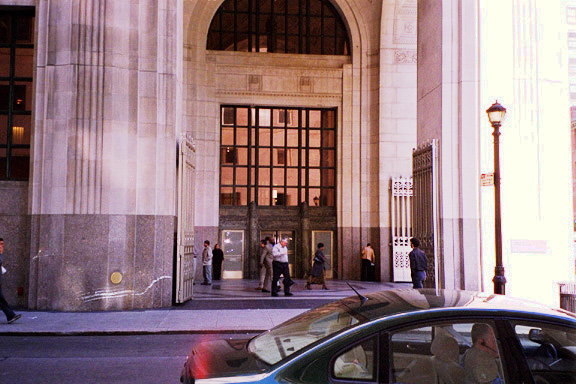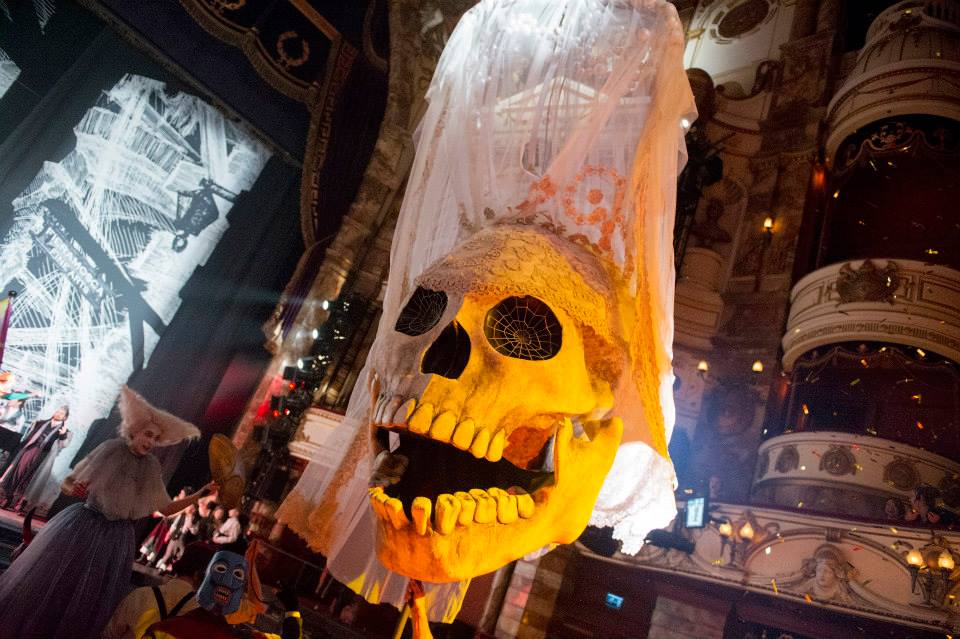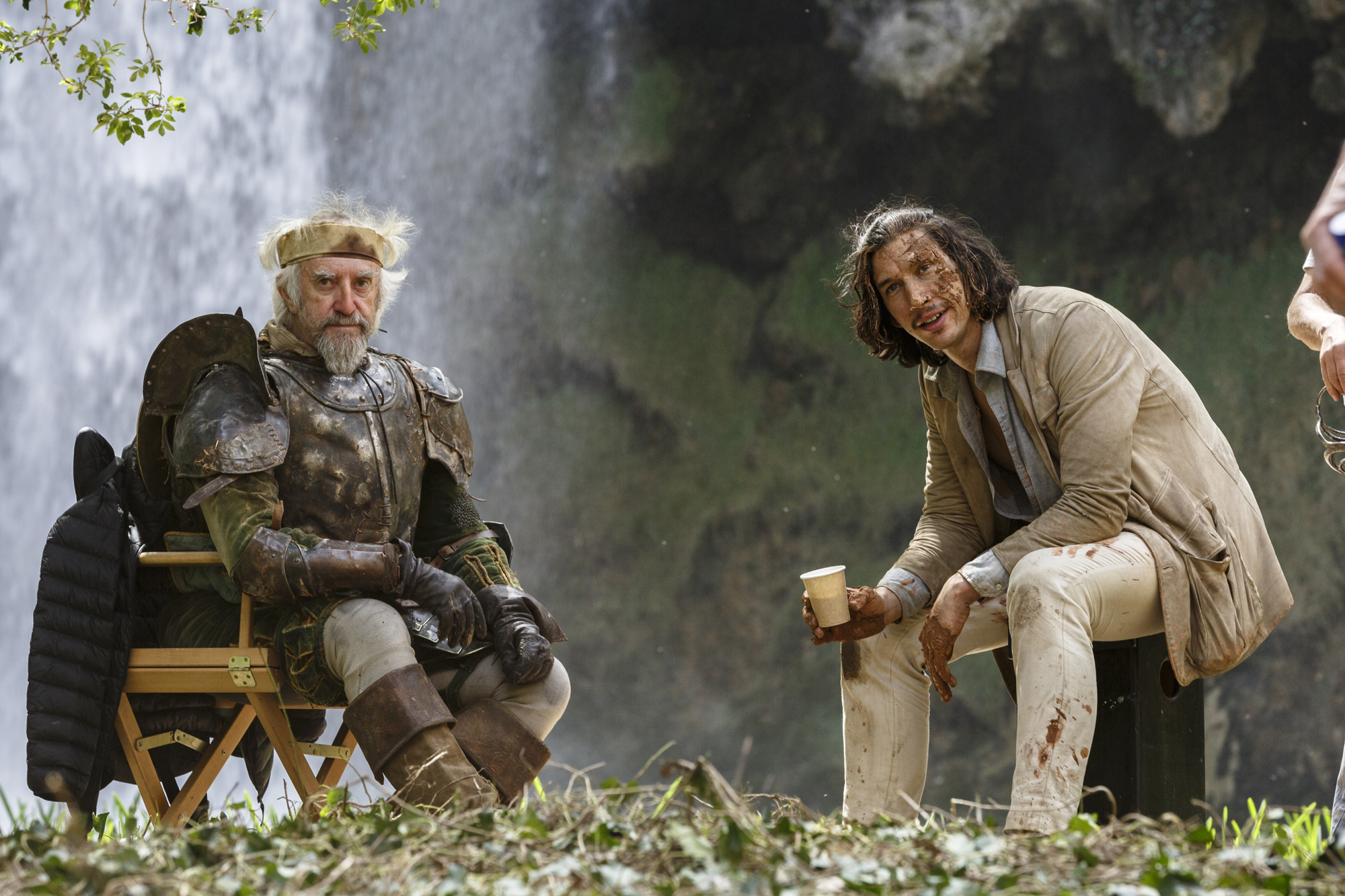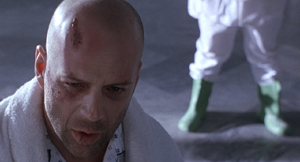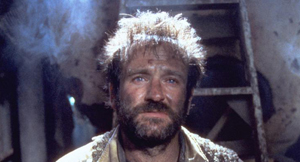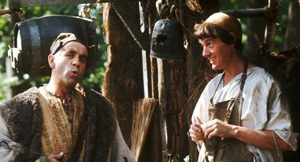Gilliam defends UK National Lottery funding for Quixote
On 28 April, the following words, penned by Gilliam, were published in London’s Evening Standard newspaper. The original article that caused Gilliam to write in is at the base of this page.
Terry Gilliam writes: The controversy surrounding the Lottery award for my film The Man Who Killed Don Quixote is surreal. And Alexander Walker’s contention that I am an American film-maker exploiting the European funding systems is at best inaccurate, at worst absurd.
First, let’s get the facts straight. Far from being an “expatriate American” I am a British citizen and travel on a British passport. I have lived in the UK for 33 years – the majority of my life – and have made British television productions and British films. I am also a governor of that most British of film institutions, the BFI.
Now for the suggestion that I have not had a hit movie since The Fisher King in 1991. My last film, Fear and Loathing in Las Vegas, was made at a cost of $18.5 million and, while it was not a box-office hit, easily made its money back. Twelve Monkeys, which cost $29 million in 1995, made between $175 million and $180 million worldwide which, I believe, counts as a commercial success. All the profits went back to Hollywood, where the film was made.
This is the point. It has taken a year and a half to put together the money for Don Quixote and from the beginning of the project I wanted to finance it in Europe for two reasons. The first was to contribute to the construction of a solid film-making base in Europe. Even during the last heyday of British film-making under David Puttnam, which included films such as The Mission and The Killing Fields, few of the profits returned home. While British individuals made money, the bulk of the profits went back to the Hollywood studios.
The second point is that I wanted to be free from Hollywood’s influence. What we desperately need is a power base to make movies in Europe that aren’t informed by an American viewpoint, which will always happen when “British” movies are funded by Hollywood studios.
The fact is that the Lottery has given us money because it has qualified as a British film. In spite of its subject, Don Quixote is a British movie – I have written it in collaboration with Tony Grisoni who, his name notwithstanding, is a British screenwriter.
As for the casting, the actors we have chosen are entirely our preferred selection and not because we are being pressurised by Hollywood. Most of the actors will be British, as will most of the crew. Johnny Depp is starring because I have worked with him before, and he is perfect for the part. Similarly, I cast Jean Rochefort before any French money was involved, because he is a great actor. Basically, these people are involved because they are the best people for the job.
It is time to disassemble the myths about British films. There is a great deal of confusion surrounding the concept of what a British movie actually is. Working Title – hailed as a successful British film company – is, in fact, owned by Universal and most of its profits from its films go back to Hollywood. Why stand up and praise Sam Mendes (a Brit) for making an American movie and then launch an attack on me for attempting to make a film whose profits will return to Britain and Europe?
The fact is that the profits from most so-called British movies return to nourish the Hollywood studios. That’s why they have these big war chests. And that is why we are trying to alter the funding system in order to be able to make world-class movies in Europe and build up a long-term power base for future European film productions.
If I am an example of an American director exploiting British public-funding bodies, then my advice to Hollywood film-makers is this: come to England, get yourself a British passport, begin your career in British television, get married, have kids, pay British taxes and settle down here. Then wait for 33 years before plundering the limited cash resources and public-funding bodies to make a feature film. You know it makes (non)sense.
Row as Gilliam film gets £2m
by Neil Norman
A £2 million National Lottery award towards the production of Terry Gilliam’s new film, The Man Who Killed Don Quixote, is certain to further enrage critics of the public funding scheme.
The pan-European production is budgeted at £20 million and the remaining funds have been raised from France and Germany. The French-based Pathe Pictures, whose London production arm is one of the Lottery franchise holders, will collaborate with France’s Le Studio Canal Plus and KC Medien, the German investment fund, to produce Gilliam’s long-cherished project.
Although there is no US studio money involved, the project is far from British. Directed by the American Gilliam (albeit an expatriate based in England), it stars American actor Johnny Depp, French actors Vanessa Paradis and Jean Rochefort and is due to be shot largely on location in Spain.
The announcement on the front page of Screen International, the industry trade paper, is accompanied by a long defence of public funding by Bertrand Moullier, head of film at Pact (Producers’ Alliance for Cinema and Television) citing comparative funding figures for the UK, France and Germany which appear to show that public sector investment in film is lower in Britain than either of its European partners.
This is the largest award ever given by the old Arts Council Lottery panel for any individual film and is the last before the newly established Film Council takes over the distribution of Lottery funds.
It is clearly designed to test the nerve of the Film Council under the leadership of former British Film Institute supremo John Woodward, and points the way to future film funding in the UK with a view to creating a Hollywood-style studio infrastructure in Britain.
Outgoing head of Pathe’s UK operation, Alexis Lloyd, defends the award in Screen International, saying: “Bigger budget films mean taking greater risks, but part of our business is to take risks. This means breaking the mould of the $3.2 million to $6.4 million project and extending the limits of what can be done with European films.”
In spite of the argument that this award represents a serious challenge to Hollywood-dominated studio-funded productions which might prove that Europe can create big budget movies of international appeal without American investment partners, the budget is well below the average Hollywood studio budget. In addition, Gilliam’s track record for profitability is questionable. His last film, Fear And Loathing In Las Vegas, was a commercial disaster and he hasn’t had an international hit since his 1991 film, The Fisher King.
Evening Standard film critic Alexander Walker, who has been one of the Lottery funding’s harshest critics, sees the award as an invitation for American filmmakers to exploit the various European investment bodies when they fail to raise production monies from American studios.
He added: “Gilliam clearly hasn’t been able to raise the money from the Hollywood studios and this is an indication of the way Americans are coming to Europe to grab the money from European funding sources.
“It is the last gasp of the Arts Council Lottery panel before the Film Council takes over. The result is another Europudding. The question must be asked: is this the best use of public funds?”


